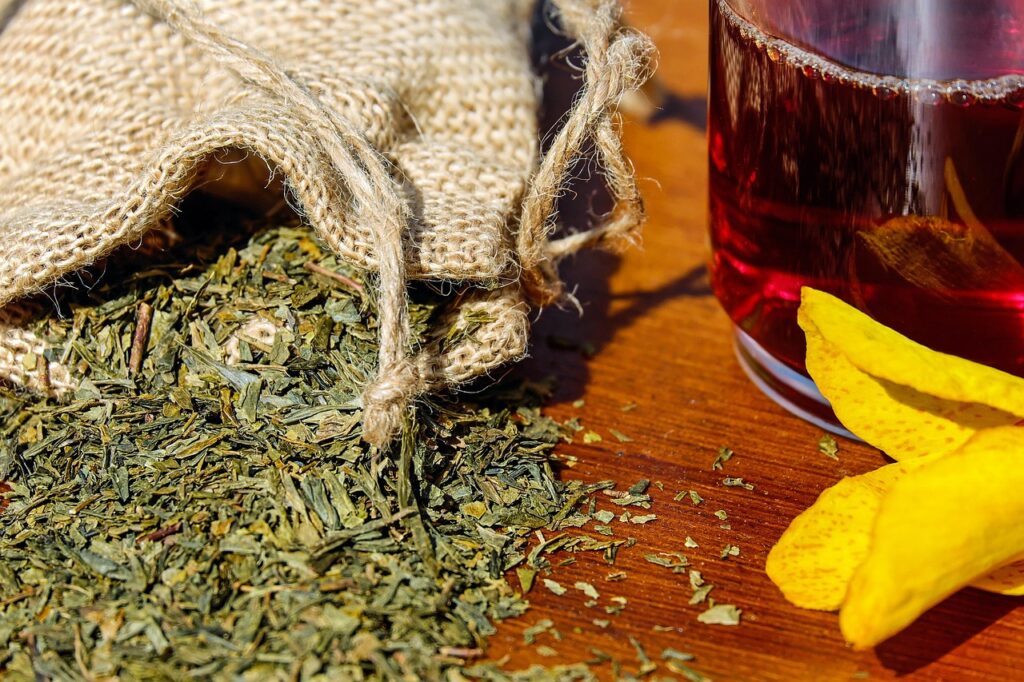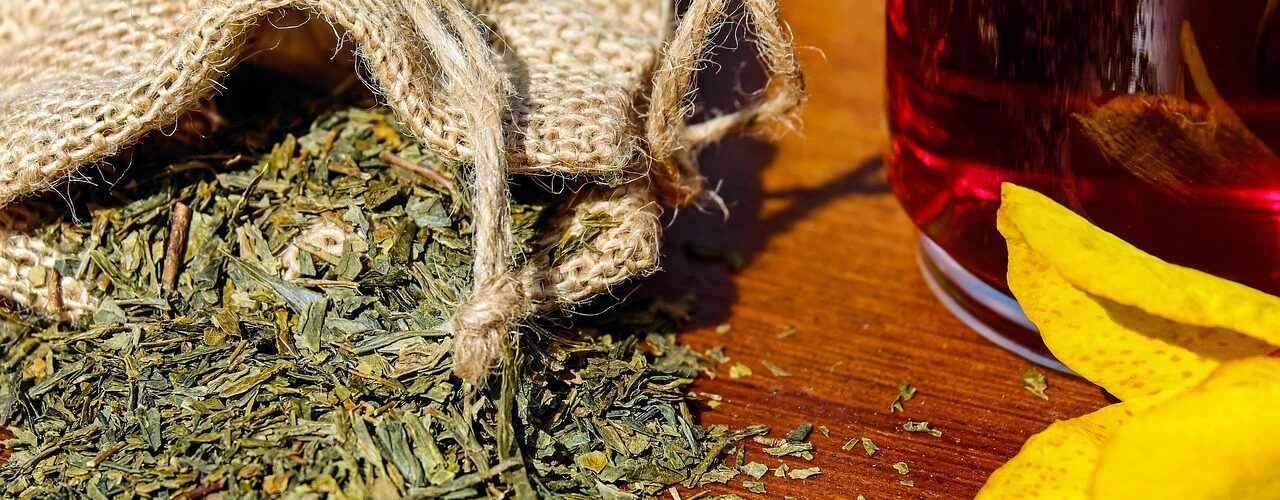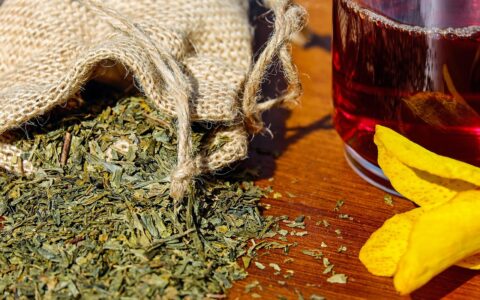Foundations of Christian Herbalism Course
An Online In-depth, Comprehensive Christian Herbalism Course
A Christ-Centered Approach to Herbal Medicine
God has given you the gift of healing plants—now it’s time to learn how to use them confidently. The Foundations of Christian Herbalism Course is a self-paced, in-depth program designed to equip you with the biblical foundation and the practical skills needed to master herbal medicine. Whether you’re looking to become a professional herbalist or are simply seeking the knowledge to care for yourself and your family, this course is for you.
Why Enroll in this Christian Herbalism Course?
✅ Extensive Education – Gain a deep understanding of herbs, their uses, and how they align with God’s design.
✅ Christian Worldview – Learn herbalism through a biblical lens, integrating faith and natural healing.
✅ Practical & Comprehensive – Hands-on projects, quizzes, and real-world experience ensure that you are ready to use your knowledge of herbs effectively.
✅ Self-Paced & Flexible – Study at your own pace with audio-based lectures.
✅ Earn a Certificate – Upon completion, receive a certificate that recognizes your knowledge.
Start Learning Today!
This Christian Herbalism Course is more than just an educational program—it’s a calling to rediscover the healing properties in God’s creation. Whether you’re a beginner or have some experience, this course will give you the confidence and skills to use herbal medicine with purpose and faith.
👉 Enroll Now and take the first step toward becoming a skilled Christian herbalist!
Click here to register for the course today>>
Tuition: $897 (Or pay in four easy monthly installments of $244)

Foundations of Christian Herbalism Course Curriculum
Unit 1: Introduction to Christian Holistic Herbalism
- Introduction to the Course
- Foundations of Christian Herbalism – Introduction
- The Harmonic Approach to Christian Holistic Herbalism
- The Eight Points of Harmonic Christian Herbalism
Unit 2: Herbal Tastes and Classification
- Herbal Properties – Taste – Bitter Herbs
- Herbal Properties – Taste – Sweet Herbs
- Herbal Properties – Taste – Sour Herbs
- Herbal Properties – Taste – Pungent Herbs
- Herbal Properties – Taste – Salty Herbs
- Herbal Properties – Taste – Astringent Herbs
- Herbal Properties – Actions
- Doctrine of Signatures
Unit 3: Theology of Healing
- Creation Theology – Part 1
- Creation Theology – Part 2
- Christian Spiritual Anthropology – Part 1
- Christian Spiritual Anthropology – Part 2
- Why We Suffer and the Problem of Pain – Part 1
- Why We Suffer and the Problem of Pain – Part 2
Unit 4: Organ Systems and Therapeutics
- Tissue States – Part 1
- Tissue States – Part 2
- How the Body Works – A Holistic Approach
- The Nervous System Overview
- The Nervous System – Therapeutics – Part 1
- The Nervous System – Therapeutics – Part 2
- The Nervous System – Therapeutics – Part 3
- The Digestive System Overview
- The Digestive System – Therapeutics
- The Cardiovascular System Overview – Part 1
- The Respiratory System – Therapeutics – Part 2
- The Cardiovascular System – Therapeutics – Part 1
- The Cardiovascular System – Therapeutics – Part 2
- The Liver and Gallbladder Overview
- The Liver and Gallbladder – Therapeutics
- The Respiratory System Overview – Part 1
- The Respiratory System Overview – Part 2
- The Respiratory System – Therapeutics – Part 1
- The Respiratory System – Therapeutics – Part 2
- The Respiratory System – Therapeutics – Part 3
- Musculoskeletal System Overview
- Musculoskeletal System – Therapeutics – Part 1
- Musculoskeletal System – Therapeutics – Part 2
- Writing a Materia Medica
- Urinary System Overview
- Urinary System – Therapeutics – Part 1
- Urinary System – Therapeutics – Part 2
- Integumentary System Overview
- Integumentary System – Therapeutics – Part 1
- Integumentary System – Therapeutics – Part 2
- Terrain Theory and Germ Theory
Unit 5: Lifestyle Therapy
- Prayer for Healing and Wellness
- Watchfulness – An Ancient Christian Mindfulness Practice
- Therapeutic Mindfulness
Unit 6: Safety and Formulation
- Herbal Formulations – Part 1
- Herbal Formulations – Part 2
- Safety and Drug Interactions
Unit 7: Herbal History
- Christian Herbal History – Part 1
- Christian Herbal History – Part 2
- General Herbalism History – Part 1
- General Herbalism History – Part 2
Unit 8: Becoming an Herbalist
- Legal Issues and Practices
- Intake and Evaluation
- Serving Your Community
- Final Project
Over 50 hours worth of lectures in this course with TWO YEARS of FULL Access!
Ready to Become a Christian Holistic Herbalist?
Enroll Now in the Foundations in Christian Herbalism Online Class!
Tuition: $897 (Or pay in four easy monthly installments of $244)
Listen to three free lectures from the Foundations of Holistic Christian Herbalism Course Online
Frequently Asked Questions
Who is the Foundations of Christian Herbalism course designed for?
- Anyone who wants to gain a comprehensive education in holistic herbalism while maintaining their Christian faith.
- Both beginners with no prior herbal experience and intermediate herbalists seeking a more in-depth and theological understanding of herbal medicine.
- Ideal for aspiring professional herbalists as well as those who want to serve their family and community.
How does the online course work, and what resources are provided?
- Access to new audio lectures each week,
- Written text accompanies each lecture.
- Assignments, quizzes, and projects are required to demonstrate mastery.
- Two years of full access to all materials.
Will this course prepare me to work as an herbalist?
- Provides a strong foundation for working as a community herbalist
- Provides the necessary foundation for working in a clinical setting, but further education may be required for clinical work.
- After completing the course, you can begin working within your community as a community herbalist while pursuing further education to become a clinical herbalist.
What is the difference between a community herbalist and a clinical herbalist?
- A community herbalist works in group settings, educating clients on the role of herbs and holistic health. The goal is to increase knowledge within the community and empower individuals to take charge of their own health.
- A clinical herbalist works one-on-one with clients, assessing their health imbalances and educating them on achieving and maintaining optimal health. Clinical Herbalists require highly specialized skills and a deep understanding of anatomy and physiology.
Will I receive a certification upon completing this course?
- Yes. Upon the completion of the course, you will receive a certificate of completion, demonstrating your understanding of the material.
- This is not the same as becoming a registered herbalist. To become a registered herbalist, please see the requirements listed at the American Herbalist Guild and the Christian Herbalist Guild.


